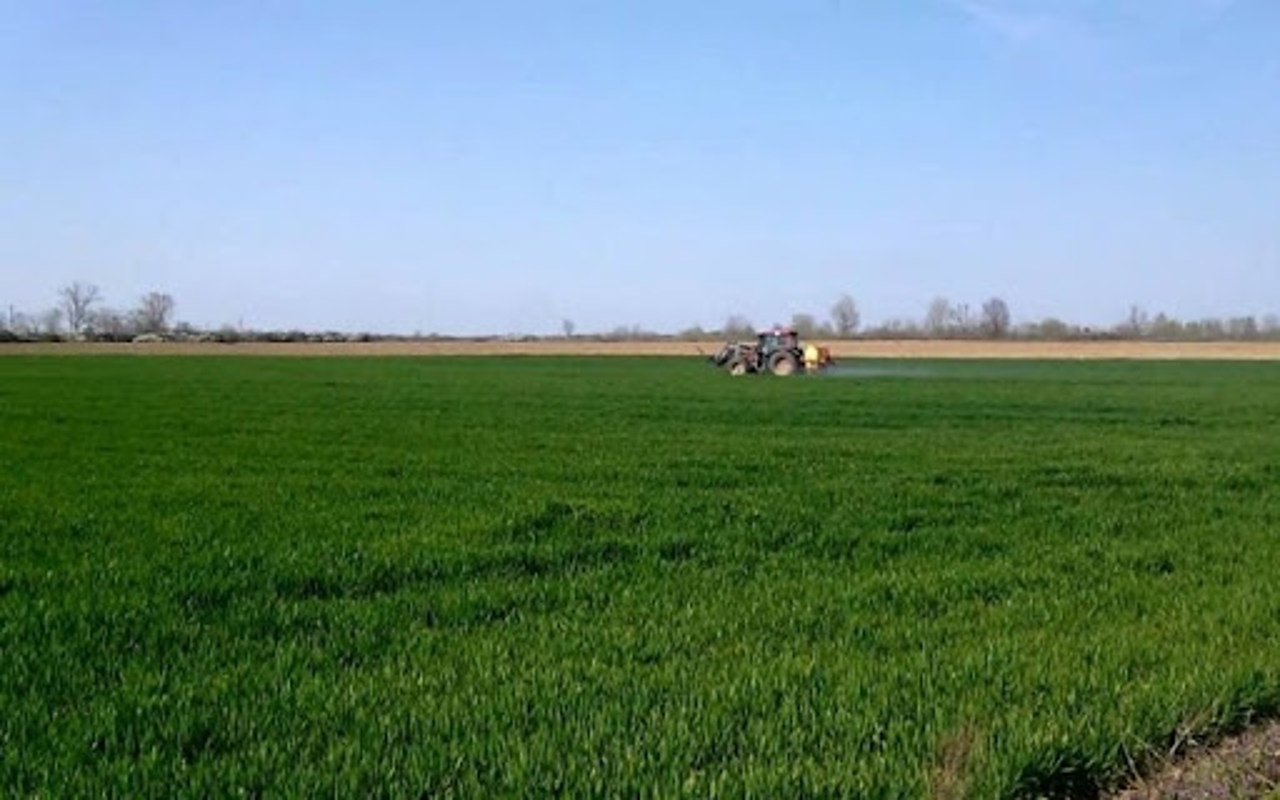How drought and climate change impact autumn crops

The dry winter and extreme temperature fluctuations have severely impacted autumn crops, and the recent rainfall is not enough to make up for the soil’s water deficit.
Expert Boris Boincean mentioned during the show Earth and People that the lack of moisture and nutrient deficiencies are jeopardizing the crops, and farmers are advised to apply nitrogen fertilizers and select early varieties to reduce losses.
"When it comes to autumn crops, particularly wheat and barley, there are two critical issues right now: wheat and barley suffer from a mineral nutrient deficiency because the soil’s microbiological processes are underdeveloped, so applying nitrogen fertilizers is essential," said Dr. Boris Boincean, habilitated doctor in agricultural sciences.
To address the challenges posed by drought, the expert recommends that farmers implement crop rotation, establish windbreaks, and develop pond systems.
"By taking a holistic approach to agriculture, we can largely prevent – rather than combat – the consequences, such as drought or erosion. This way, we can implement preventive measures and reduce production costs," Boris Boincean added.
To cope with climate change, academician Boris Boincean urges farmers to adopt sustainable farming practices, implement water conservation measures, and opt for drought-resistant plant varieties.
Translation by Iurie Tataru




